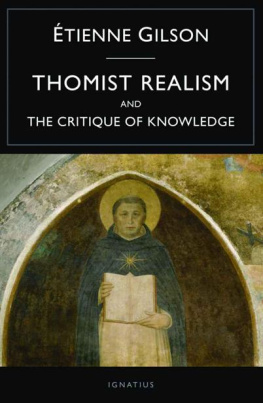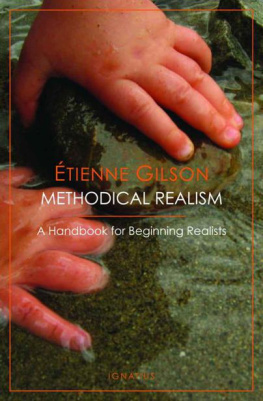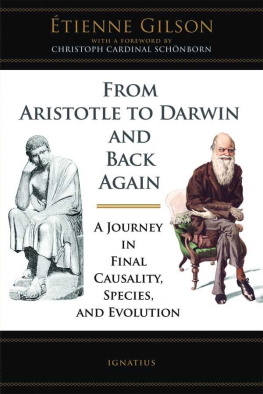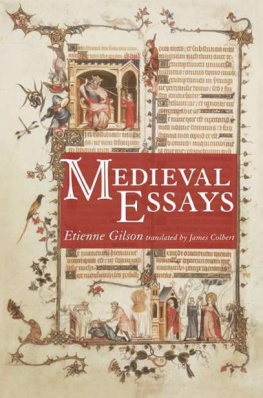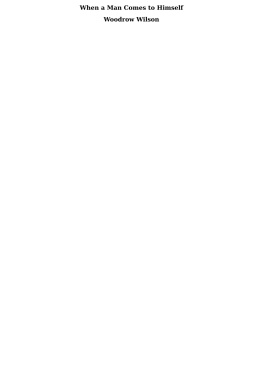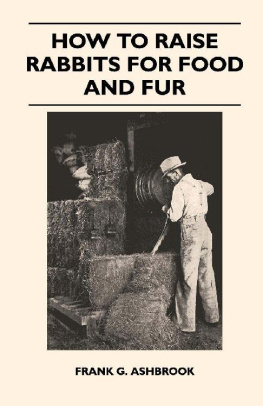Étienne Gilson - Dante and Philosophy
Here you can read online Étienne Gilson - Dante and Philosophy full text of the book (entire story) in english for free. Download pdf and epub, get meaning, cover and reviews about this ebook. year: 2011, publisher: Gilson Press, genre: Science. Description of the work, (preface) as well as reviews are available. Best literature library LitArk.com created for fans of good reading and offers a wide selection of genres:
Romance novel
Science fiction
Adventure
Detective
Science
History
Home and family
Prose
Art
Politics
Computer
Non-fiction
Religion
Business
Children
Humor
Choose a favorite category and find really read worthwhile books. Enjoy immersion in the world of imagination, feel the emotions of the characters or learn something new for yourself, make an fascinating discovery.

- Book:Dante and Philosophy
- Author:
- Publisher:Gilson Press
- Genre:
- Year:2011
- Rating:3 / 5
- Favourites:Add to favourites
- Your mark:
- 60
- 1
- 2
- 3
- 4
- 5
Dante and Philosophy: summary, description and annotation
We offer to read an annotation, description, summary or preface (depends on what the author of the book "Dante and Philosophy" wrote himself). If you haven't found the necessary information about the book — write in the comments, we will try to find it.
Dante and Philosophy — read online for free the complete book (whole text) full work
Below is the text of the book, divided by pages. System saving the place of the last page read, allows you to conveniently read the book "Dante and Philosophy" online for free, without having to search again every time where you left off. Put a bookmark, and you can go to the page where you finished reading at any time.
Font size:
Interval:
Bookmark:
by Etienne Gilson Translated by David Moore

DANTE AND PHILOSOPHY.
Ci che fuori della coscienza del poeta a noi non pu importare.
MICHELE BARBI, Studi Danteschi, 1938, XVII, p. 48.
THE OBJECT of this work is to define Dantes attitude or, if need be, his successive attitudes towards philosophy. It is therefore a question of ascertaining the character, function and place which Dante assigned to this branch of learning among the activities of man. My purpose has not been to single out, classify and list Dantes numerous philosophical ideas, still less to look for their sources or to decide what doctrinal influences determined the evolution of his thought. as what they tell us of the way in which Dante conceived philosophy and of the use to which he put it. Here, moreover, unless I am mistaken, is the key to his true originality as a philosopher.
The circumstances in which I undertook these researches are merely of anecdotal interest and the reader would be none the better off for knowing them, but he is entitled to some explanation concerning the way in which the researches themselves have been conducted. To read Dante is a joy. To write about Dante is a pleasure, for it is impossible to write about him without reading him again more closely; but the effort needed to formulate ones conclusions on Dante is much greater, because one may legitimately hesitate between two methods, each of which has its advantages and its drawbacks. The first consists in stating simply ones conclusions on Dante, without troubling oneself about what others may have written with a similar purpose. The resulting books are short and unpretentious. To be sure, they are not necessarily devoid of a certain elegance and, whatever their value, it may fairly be hoped that the reader will not find them unduly tedious. Unfortunately this method is neither very honest in itself, nor very productive of lasting results. No one who discusses Dante can do so without remembering what distinguished expositors have said before him. Accordingly he has a debt to acknowledge, and how can he acknowledge it without enrolling himself modestly among their followers, in other words without admitting his familiarity with them instead of feigning an independence which in any case none can believe in? Moreover, unless he writes one of those books whose seeming originality cloaks an abundance of arbitrary notions, and which are addressed only to a defenceless public, how can he to-day adopt a positive attitude towards any problem relating to Dante in such a way that the informed reader does not recall other solutions, which seem to rule out in advance the solution that is offered? If he ignores them, he is in effect failing to establish his own thesis. To enumerate them and discuss them one after the other is an endless, wearisome task, the most obvious effect of which is to bury Dante beneath such a mass of ideas which are foreign to his work that in the end author and readers alike no longer know what or who is the subject of discussion.
Inevitably, therefore, I have had to seek a middle course between these two methods, in other words to select from the debatable interpretations of Dantes thought those which, if correct, would have implied directly that my own was radically wrong. In the forefront was the fundamental thesis upheld by Father Mandonnet in his Dante le Thologien. Accordingly the reader will find it discussed with an insistence which, I fear, will be to some unpleasing. And yet anyone who has read this book knows very well that all the parts hang together and that the closely-knit fabric of its reasoning must be unravelled stitch by stitch if it is not desired that a portion which yields in one direction should still be sustained by the countless threads that link it to the remainder. May I at least be permitted to say that where I seem perhaps to have indulged overmuch in controversy I have in fact done so only because of my belief that I could not omit such passages without failing to justify the interpretation of Dantes thought which this book offers. As for the actual interpretation, it would be easy to imagine simpler ones, but it would not, perhaps, be easy to find another of equal simplicity which fits the same writings, taken in their obvious sense and interpreted with the same directness. As we are here concerned with Dante, I could not forget that the subject of this study is one of the greatest names in literary history, but as it is his ideas that are under discussion I have had to define them with the sometimes meticulous exactitude which the analysis of ideas demands. When a philosopher discusses literature he often reveals a want of taste, but when a man of letters discusses ideas he sometimes reveals a want of precision. By helping one another we shall perhaps draw nearer to that state of grace in which love increases as understanding becomes clearer, and understanding is all the clearer as love is the more profound. Great writers expect no less of us, for their ideas are bound up with their art, and their very greatness consists in the fact that after they have gone their thoughts remain inseparable from the manner in which they have expressed them.
It stands to reason, though perhaps the fact had better be stated, that this book is not presented as the work of a Dantologist. To love a foreign language, even as much as I love Italian, is unfortunately not the same as knowing it. Having worked merely with the knowledge of the Italian language that is indispensable to any self-respecting French historian, I must have made some mistakes; I offer my apologies, especially for the more unpleasing onesthose which I may have made while presuming to correct others better qualified than myself. As for the vast literature on Dante, I cannot think of it without experiencing a kind of dizziness. One cannot open an Italian review without saying to oneself: Another book, another article that I ought to have read before expressing my opinion on this question! It seems to me that I have covered vast tracts of this sea of commentaries, but I know that what I have gleaned from them is a mere drop in the ocean. That is all the more reason why I should at this point thank the Italian masters without whose aid I should have been unable to begin this work, let alone complete it. If I were not afraid that the responsibility for my shortcomings might be laid at their door I should like to record the full debt which my Dante studies owe to the learned scholars whose works have served to guide me: Signor Ferdinando Neri, whose Letture dantesche in days gone by revealed to me what it means to an Italian to understand Dante, and then Signori Luigi Pietrobono, Francesco Ercole and Bruno Nardi, whose books have never been long absent from my desk while I have been writing.
But I ought above all to refer to one master, who is a master even among masters. I mean Signor Michele Barbi, whose vast learning, shrewdness of mind and integrity of judgment have so often enlightened me where I was ignorant, put me on my guard against mistakes which I was on the point of making or corrected those which I had already made. His name will be found at the foot of some of the following pages, but far less often than it was entitled to appear, and I am anxious to say that, even where I part company with him, it is thanks to him that I have dared to do so. No circumstance that I know of or can fear could release me from this debt of gratitude or from the duty of making it public.
It is arguable that the problem of the sources of Dantes work should be tackled anew in its entirety and discussed as a preliminary to any interpretation of his thought. A defence of this thesis will be found in BRUNO NARDI,
Font size:
Interval:
Bookmark:
Similar books «Dante and Philosophy»
Look at similar books to Dante and Philosophy. We have selected literature similar in name and meaning in the hope of providing readers with more options to find new, interesting, not yet read works.
Discussion, reviews of the book Dante and Philosophy and just readers' own opinions. Leave your comments, write what you think about the work, its meaning or the main characters. Specify what exactly you liked and what you didn't like, and why you think so.

